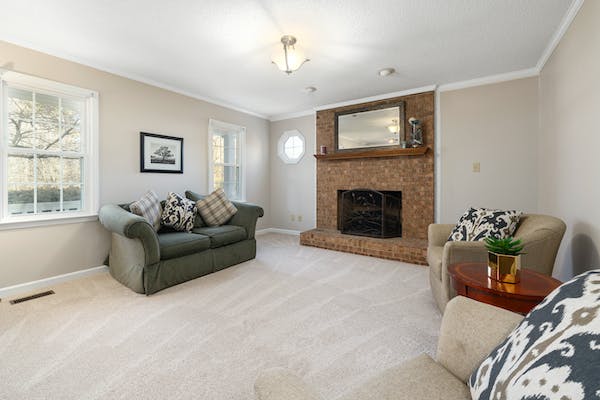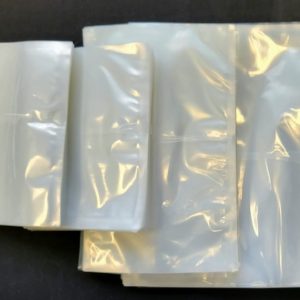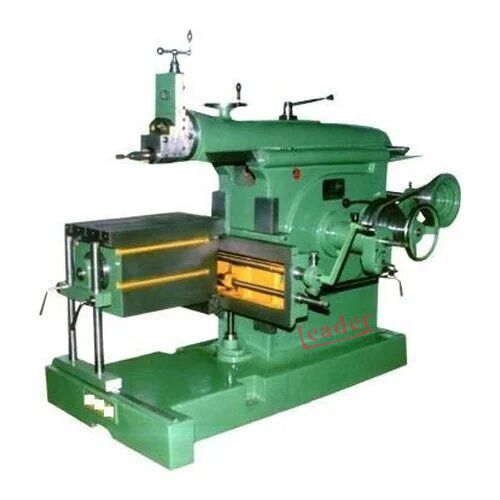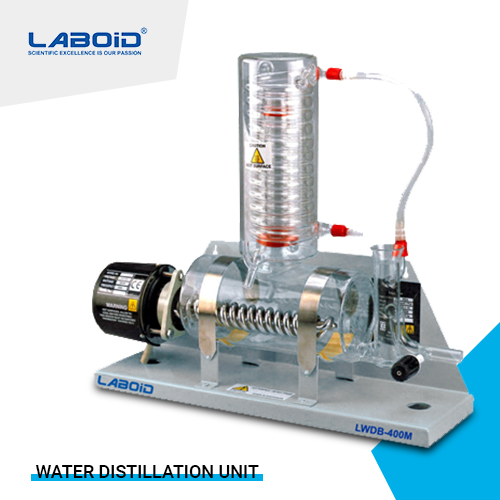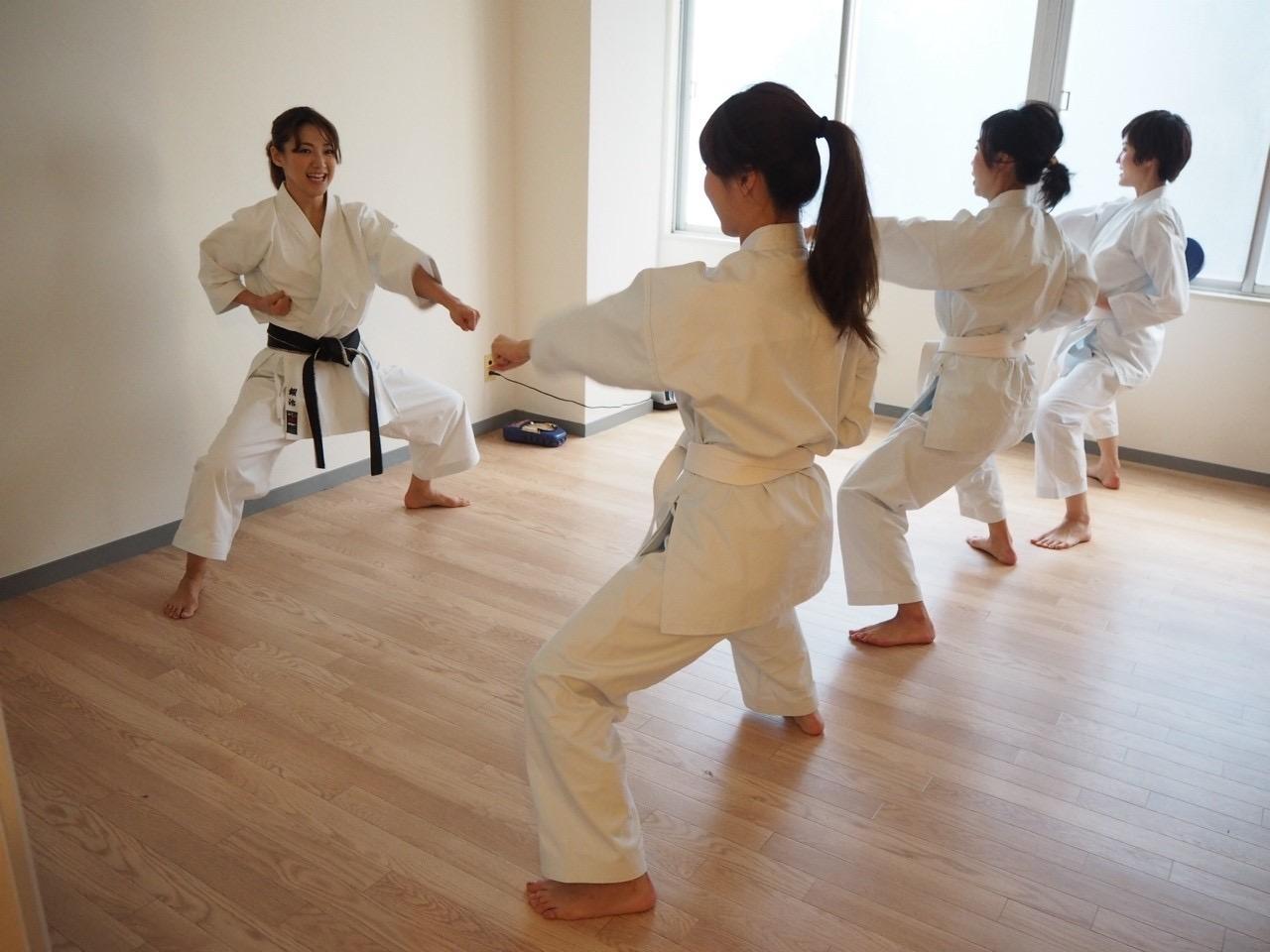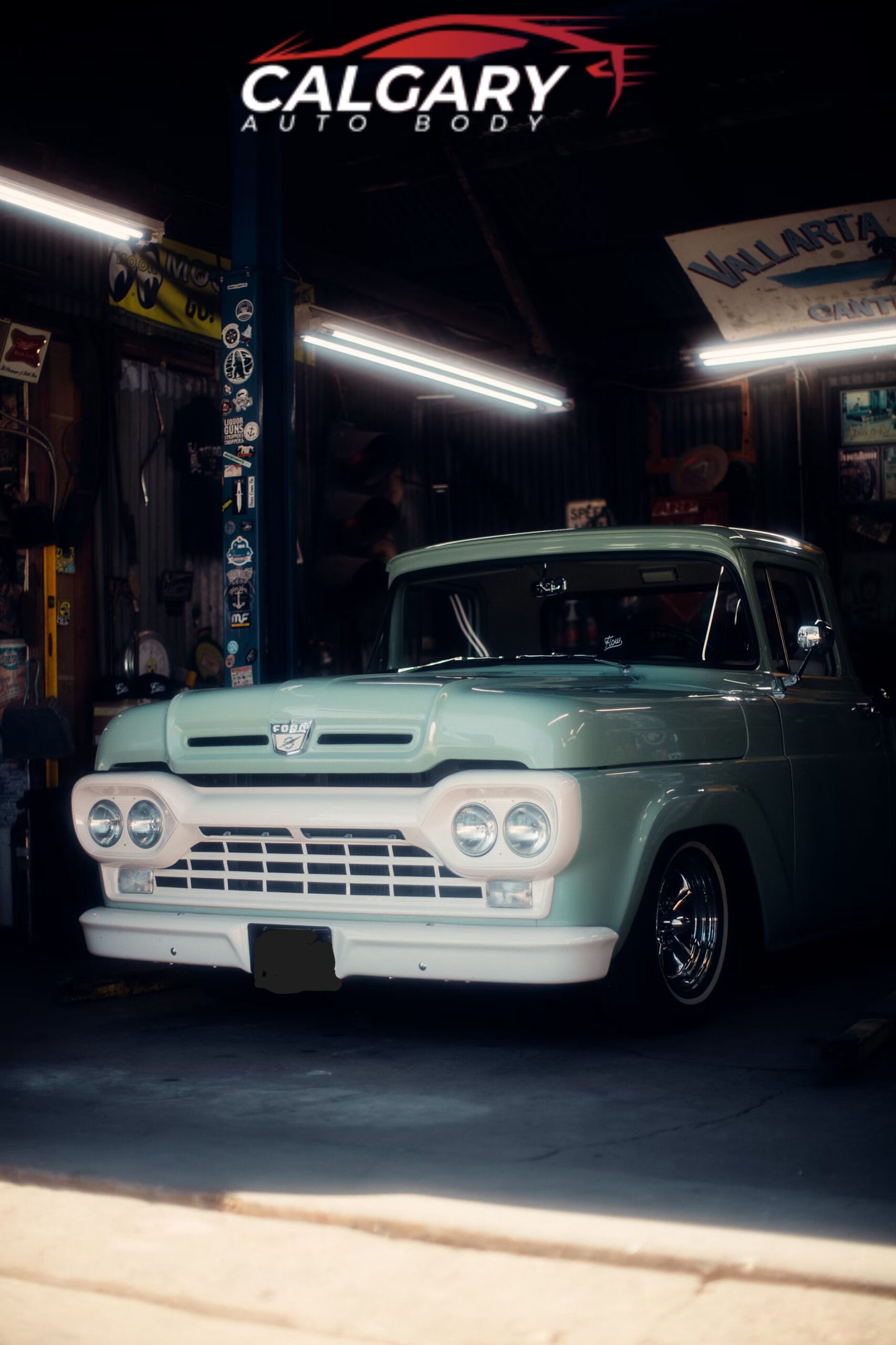Maintaining the plumbing in your home is an essential part of keeping it running smoothly and efficiently. Taking care of the plumbing system ensures that it remains in good working order and free of any problems that can arise. In this blog post, we will discuss how to keep your home’s plumbing in top condition and address any issues that may arise.
Assuming you would like tips on home plumbing maintenance:
1. Check your toilets regularly for leaks
Homeowners understand the importance of keeping their plumbing in good condition. Not only does it ensure the comfort and safety of your family, but it also saves you from costly repairs and unexpected water bills. One of the most important steps you can take to help maintain your home’s plumbing is to check your toilets regularly for leaks.
Leaks can be caused by a number of different factors, including wear and tear, poor installation, or even a damaged or clogged toilet.
To help you identify a leak in your toilet, a simple and easy-to-do test is to put a few drops of food coloring in the tank and see if it appears in the bowl before flushing. If it does, you have a leak that needs to be fixed as soon as possible.
2. Check under all your sinks for leaks
It’s easy to take the plumbing in your home for granted, until something goes wrong. A small leak under your sinks can cause a lot of problems and end up wasting a lot of water and money over time. Homeowners should be proactive and check under all their sinks for any signs of leaks.
Plumbing leaks can occur for a variety of reasons, from age and wear and tear to wear and tear from improper installation. If you suspect a leak, it is important to investigate the problem immediately to avoid further damage.
When checking under your sinks for potential plumbing problems, start by looking at the pipes. Make sure all the pipes are properly connected and not leaking. If you notice any dampness or drips, immediately turn off the water supply and then investigate the cause of the leak.
3. Don’t pour grease or oil :
When it comes to home maintenance and upkeep, one of the most important things to remember is not to pour grease or oil down your drains. Grease or oil can easily clog your pipes, leading to costly repairs and a large headache.
Grease and oil should never be poured down your drains. The oil or grease can build up over time and cause blockages in the pipes. This can lead to serious issues throughout your home’s plumbing system. Grease and oil build-up is especially damaging to the pipes, as it can cause clogs, corrosion, and other costly repairs.
4. Periodically check the connections
As a homeowner, it’s important to periodically check the connections on all your appliances that use water, such as your washing machine, dishwasher, and ice maker. Not only should these connections be checked regularly, but it’s also important to ensure that they’re tight and there are no leaks. A simple leak can lead to a much bigger plumbing issue if not taken care of right away.
At least once a month, it’s a good idea to check your home’s plumbing connections to make sure they’re securely in place. For example, if you have a washing machine or dishwasher, you should make sure the hoses are tight and free from any cracks or signs of wear and tear. You’ll also want to check the plumbing connections on your ice maker and refrigerator.
5. Check water pressure
As a homeowner, it’s important to check your water pressure on a regular basis. If it’s too high, it can cause serious damage to your pipes and appliances. High water pressure can cause leaks in your home, burst pipes, and even cause electrical hazards if it impacts your wiring.
Unfortunately, the signs of high water pressure aren’t always easy to spot. You may not notice any tell-tale signs until it’s too late and you’re dealing with the consequences. To ensure you’re not dealing with any hidden issues, it’s important to call a plumber on duty (Rørleggervakt) for regular inspections.
6. Inspect water heater
When it comes to home maintenance, it is easy to overlook the importance of inspecting your water heater. Unfortunately, neglecting to inspect your water heater regularly can lead to serious problems, such as rust and leaks.
As a homeowner, it is important to inspect your water heater every few months in order to prevent any major issues. This process should involve inspecting the area around the water heater for any signs of rust or leaks, as well as checking the temperature and pressure relief valve.
7. Pipes freeze :
When the temperatures drop, there’s a chance that your pipes may freeze. If this happens, it’s important to know that using a blow torch to thaw them yourself is dangerous and can lead to further damage. The best course of action is to call a professional plumber to safely thaw your frozen pipes.
It’s definitely a hassle to have frozen pipes, but trying to thaw them yourself with a blow torch is too risky and can actually cause more harm than good. Not only does a blow torch risk damaging the pipes, but if done improperly, it can even start a fire. That’s why seeking out the help of a qualified plumbing service is always the safest route. When you call a plumber, they’ll be able to use specialized tools to thaw your pipes safely.
8. Don’t use chemicals
It’s never a good idea to use chemical drain cleaners to unclog your pipes. Not only can they damage your pipes, but they can also make the problem much worse. It’s always best to call a plumber to get the job done right.
Chemical drain cleaners are often filled with harsh and caustic chemicals, such as lye, sulfuric acid, and bleach. While these chemicals can be effective at clearing out clogs, they can also cause serious damage to your pipes if used too often.
In some cases, these chemical cleaners can even make existing clogs worse by making them more difficult to remove. As the chemicals break down the material in the clog, the particles can be pushed further down the pipes, making it harder to reach with traditional methods.
9. Main water shut-off valve
When it comes to keeping your home safe, secure and functioning properly, it is important to know the location of your main water shut-off valve and how to turn it off in case of an emergency. Plumbers recommend that all homeowners know the location of their main water shut-off valve and have a working knowledge of how to turn it off.
The main water shut-off valve is a valve that regulates the flow of water into your home. Knowing where the valve is located and how to turn it off is essential in case of a plumbing emergency. A plumbing emergency can range from a burst pipe to a leaky faucet or toilet.
10. Professional plumber inspect
As a homeowner, it’s important to make sure that your plumbing system is always in top shape. Unfortunately, plumbing can be a tricky business and sometimes it can be difficult to identify potential problems before they become serious. That’s why it’s important to have a professional plumber inspect your home’s plumbing system every few years.
A professional plumber can identify potential problems that you may not be able to spot. Leaky pipes or fixtures, clogged drains, and faulty water heaters can all cause serious plumbing problems if left unchecked.
Last Words!
In conclusion, it is essential to maintain the plumbing in your home to keep it running smoothly and efficiently. Taking the necessary steps to ensure the plumbing system is in good condition and addressing any issues that may arise is the key to avoiding serious problems in the future. Keep up with the latest updates and information by visiting our site.

